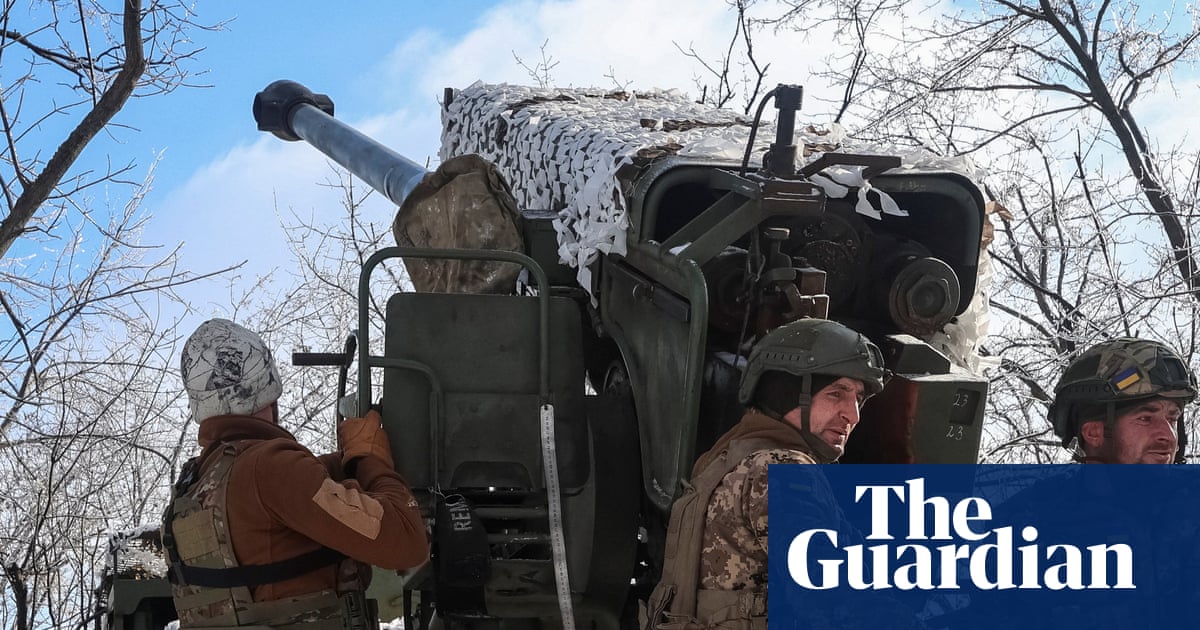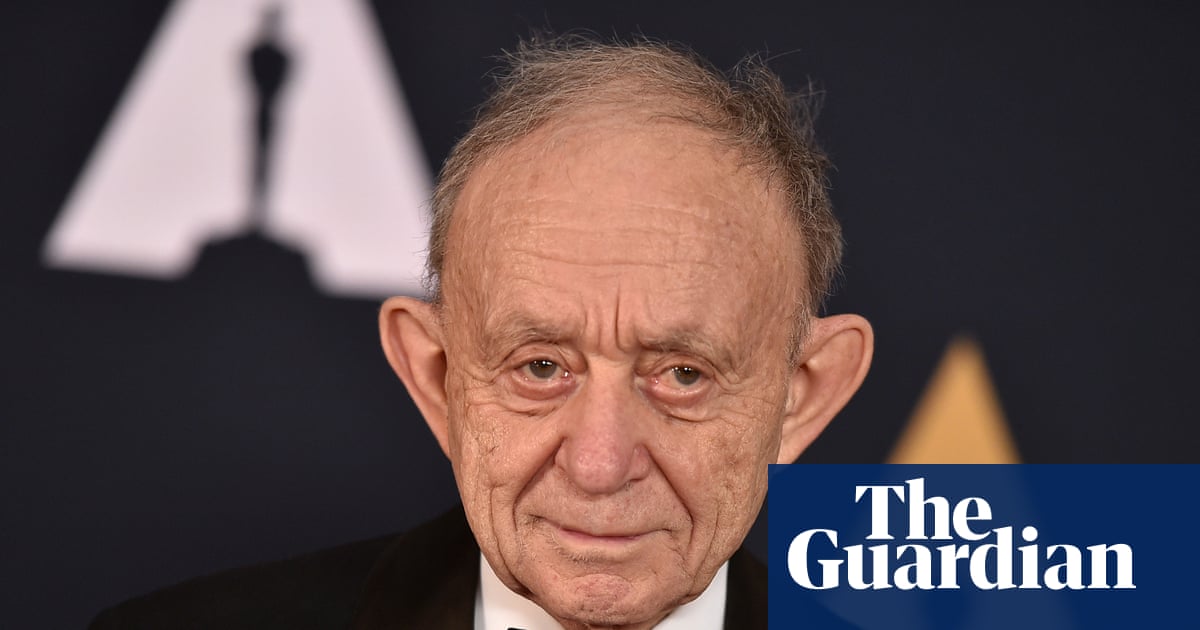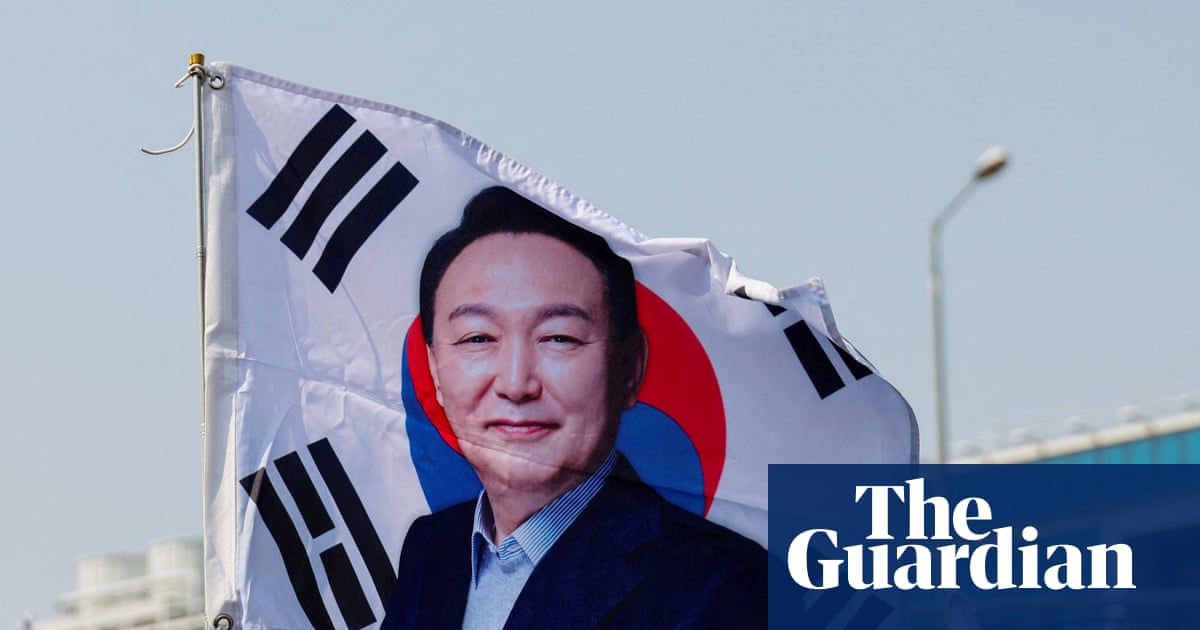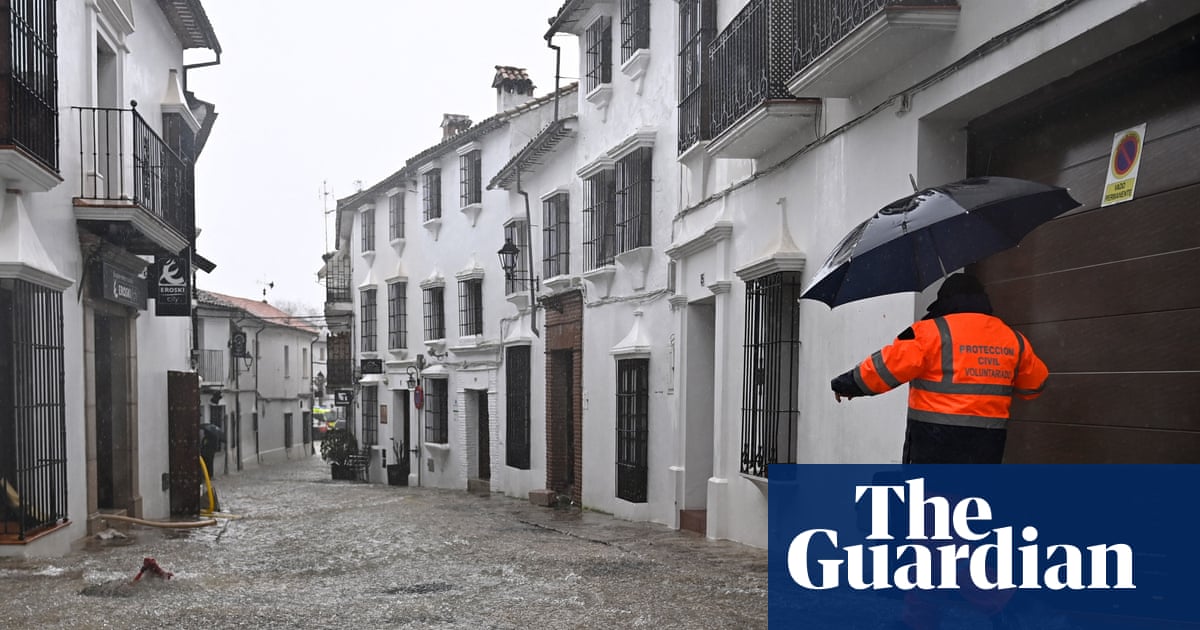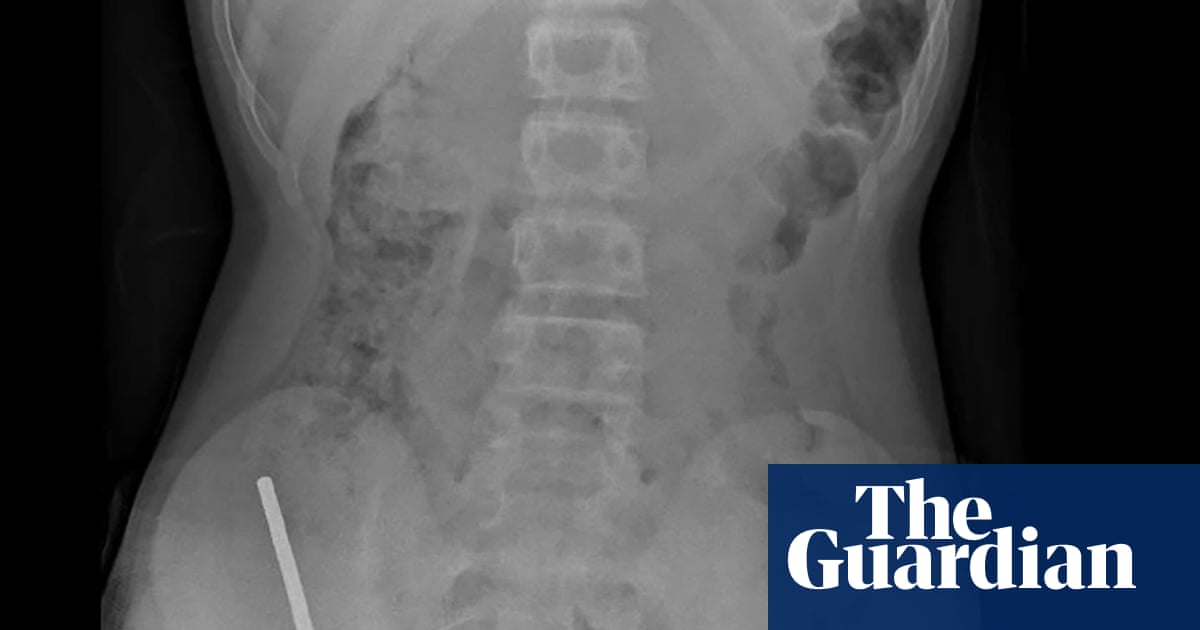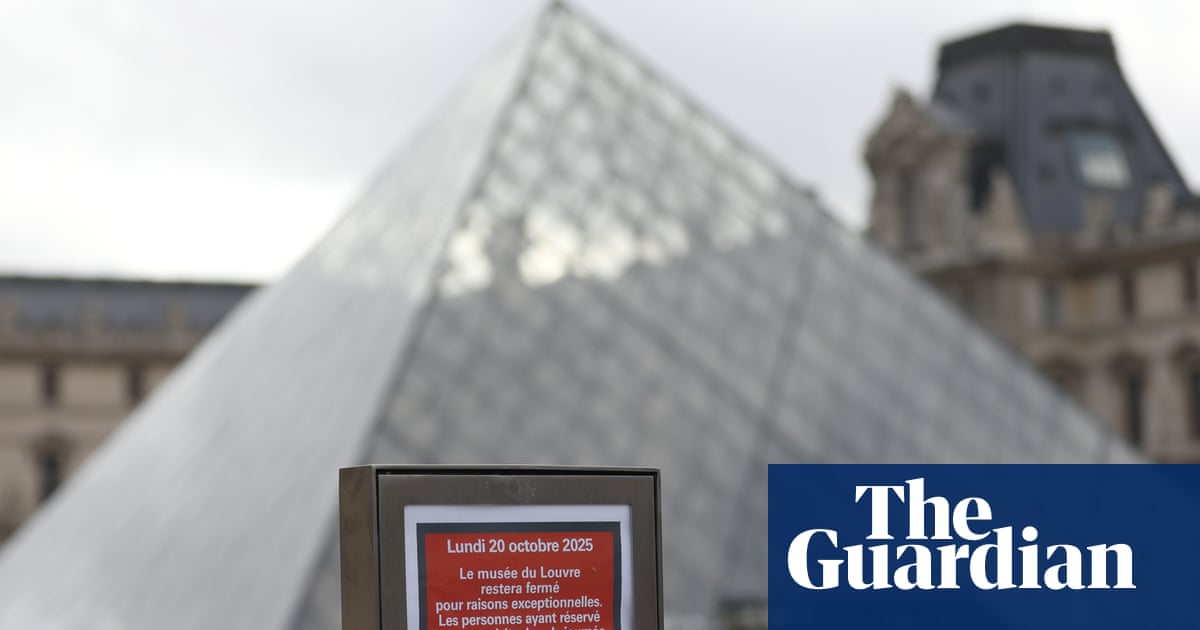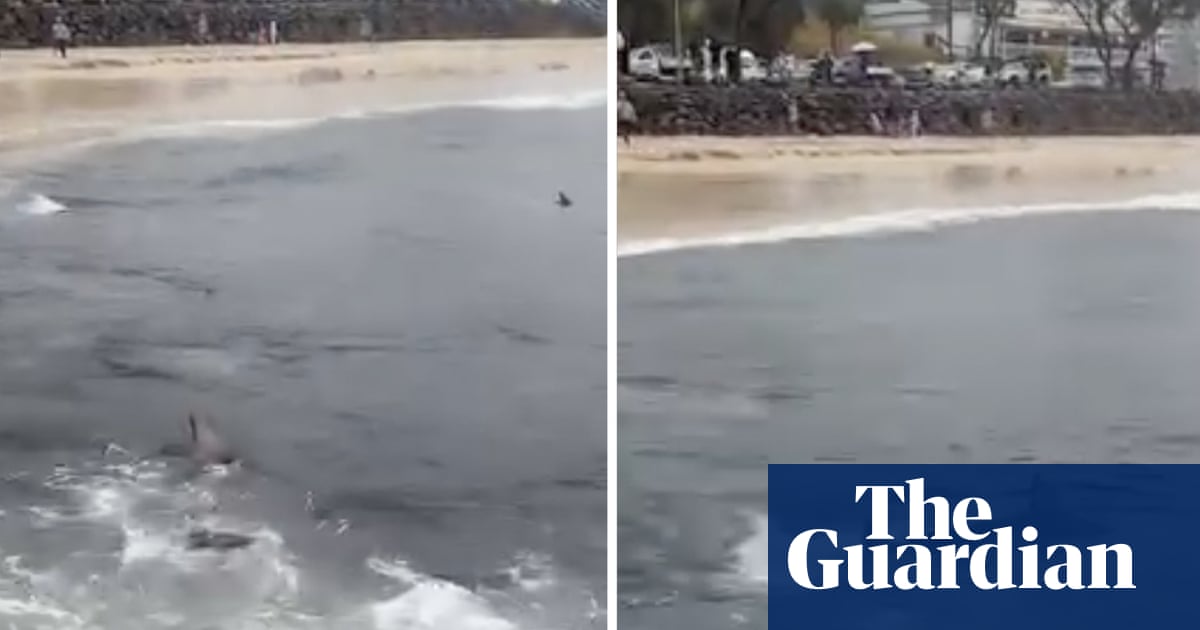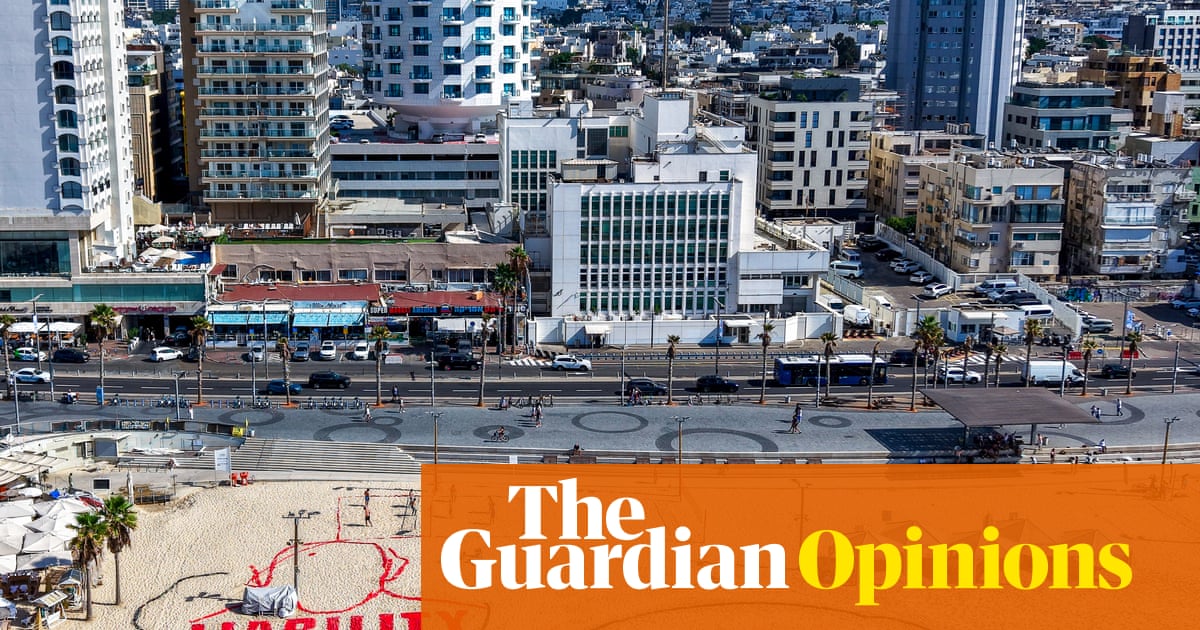-
Russia has been using drones to chase and drop bombs on civilians who live near the frontline in Ukraine – hounding them out of their homes and forcing thousands to flee whole areas in a crime against humanity, the UN Independent International Commission of Inquiry on Ukraine has found. In its report, the commission says civilians have been chased for long distances by drones with cameras and sometimes then attacked while seeking shelter. Its findings were based on interviews with 226 people including victims, witnesses, aid workers and local authorities as well as hundreds of verified online videos. The attacks described in the report occurred in three regions in southern Ukraine, near the frontline and across the Dnipro river from Russian forces, over more than a year.
-
“These attacks were committed as part of a coordinated policy to drive out civilians from those territories and amount to the crime against humanity of forcible transfer of population,” says the 17-page report to be presented to the UN general assembly this week. One woman from Kherson was pursued by a drone as she parked her car and then attacked and injured in her garage. Later that day two more drones struck her home which she then abandoned. Russia denies intentionally attacking civilians in Ukraine but has openly targeted and killed thousands of them. The Guardian has previously reported on the “safari” hunts conducted against civilians by Russian drone operators. Ukraine has also sometimes hit civilian infrastructure targets in Russia and in Russian-held parts of Ukraine, though on a far smaller scale and usually with the justification that the targets have a role in either directly supporting or generating revenue to support the war.
-
Ukraine was strengthening its positions in Pokrovsk as about 200 Russian troops infiltrated the city in small groups, the Ukrainian general staff said on Monday. Russia has been aiming to occupy Pokrovsk for the best part of a year without an irreversible breakthrough. The Russian defence ministry said its assault groups were trying to advance near the train station. The Ukrainian open-source mapping project Deep State in the past week has reduced the area to the south-west of Pokrovsk that it considers under Ukrainian control, increasing the area “requiring clarification” to around one-fifth of the city.
-
In an analysis of the Pokrovsk situation, the Institute for the Study of War (ISW) said the Russian army chief Gen Valery Gerasimov continued to make “exaggerated claims of battlefield victories … Gerasimov claimed, very likely falsely, that Russian forces have surrounded up to 5,500 Ukrainian troops in the Pokrovsk direction and blocked a group of 31 Ukrainian battalions near Pokrovsk and Myrnohrad (east of Pokrovsk). ISW continues to assess that Russian forces are making gains near and within Pokrovsk and Myrnohrad that are tactically significant but likely do not portend the imminent collapse of Ukrainian defences in the area.” On Sunday, Ukraine’s president, Volodymyr Zelenskyy, said: “There is fierce fighting in [Pokrovsk] city and on the approaches to the city … Logistics are difficult. But we must continue to destroy the occupiers.”
-
The Russian oil company Lukoil has said it is selling its overseas assets because of US sanctions. The bidding process had already begun, said the company, which is sanctioned along with the other top Russian oil company, Rosneft. The sanctions freeze all assets in the US of Lukoil and its state-owned peer Rosneft which together account for 55% of Russia’s oil output. The measures prohibit US companies from doing business with them and they have also been placed on a list of sanctioned entities known as the SDN – a registry followed by many countries and feared in the business world. Washington has given firms working with the Russian entities one month to cut ties or face secondary sanctions, which would deny them access to US banks, traders, shippers and insurers.
-
Norway said it was monitoring for radioactive contamination after Vladimir Putin announced Russia had flown a nuclear-powered cruise missile. The Burevestnik missile probably uses a radioactive core instead of rocket or jet fuel to produce a blast of superheated air that propels it along. It represents a technological leap but depending on the design, the nuclear material in the core may be open to the air, contaminating the exhaust with a continuous stream of hazardous radiation. In 2019, a nuclear accident during testing of the Burevestnik killed five of its Russian makers. The Norwegian Radiation and Nuclear Safety Authority said on Monday that no radiation spikes had been reported so far, though any traces could take days to reach its monitoring stations, the Barents Observer reported. Donald Trump, the US president, said the test was “not appropriate”.
-
Kenyans have been “lured” by “corrupt and ruthless” recruiters into fighting for Russia in Ukraine and some of them detained in military camps across Russia, according to Kenya’s foreign minister Musalia Mudavadi. The foreign ministry said it held a “crucial meeting” last month with Russian officials to help secure their release and repatriation.
-
North Korea’s foreign minister Choe Son Hui voiced North Korea’s “unwavering understanding and support” for Putin’s war against Ukraine as she made a visit to the Kremlin where she met the Russian ruler. According to South Korean assessments, North Korea has sent about 15,000 troops to Russia and also large quantities of arms including artillery and ballistic missiles for Putin to use in the war against Ukraine.

 3 months ago
56
3 months ago
56






